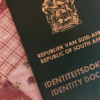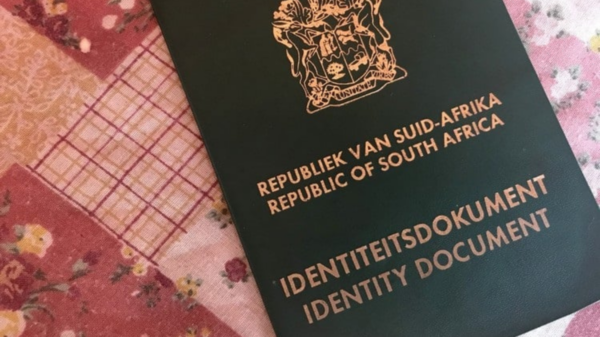We explore details around Government’s recently signed National Credit Act amendment, which aims to free low-income earners of crippling debt.
Just over two months ago, the National Credit Amendment Bill – broadly dubbed the “Debt Relief Bill” – was signed into law and, although it has been almost two years since Parliament’s portfolio committee on trade and industry initiated the amendment bill, there are still uncertainties around its implications.
Also known as the Debt Intervention Bill, the bill basically aims to protect low-income earners from what government considers reckless credit lending, allowing consumers who are burdened by debt to have it written off.
While the bill has been welcomed by consumers, around 9.4 million*[7] of whom may qualify for debt relief thanks to it now having been signed into law, it has been met with “extreme concern” by others, including the Banking Association of South Africa (BASA), which said in a statement on 16 August, “The Act, in its current form, will restrict ability of banks to lend to this vulnerable market and increase the cost of credit.”
Treasury estimated government’s debt-relief proposals could result in the write-off of R13.2bn to R20bn of debt.
In response to concerns raised, President Cyril Ramaphosa said the bill and its proposals were within the country’s constitution. Business Day cites Ramaphosa as saying that, regulations and certain provisions notwithstanding, the law is constitutional.
Here are some fast facts relating to the debt relief bill and debt in South Africa to help demystify the controversial piece of legislation:
- The National Credit Amendment Bill was signed into law on 15 August 2019.
- The Debt Intervention Bill is an amendment to the National Credit Act.
- The bill’s primary aim is to provide relief for South Africa’s vulnerable and most financially distressed consumers.
- There is no date set yet for the bill to come into operation.
- According to the bill, indebted consumers must meet the following criteria in order to have debt extinguished:
- They must earn a gross monthly income of R7 500 or less.
- They must have unsecured debt amounting to R50 000.
- The National Credit Regulator (NCR) must have found them to be critically indebted.
- The bill also makes it an offence for a person to intentionally submit false information related to debt relief.
- The bill will inevitably result in losses for banks, retailers and other credit providers.
- TransUnion’s Q2 quarterly Industry Insights Report shows a significant increase in the amount of credit being taken out by consumers (Unsecured lending was recorded to be up by 12% in the second quarter).
- BASA petitioned Ramaphosa in August not to sign the Act in its current form.
- According to BASA, existing debt relief measures have proven to educate and rehabilitate debtors and return them to the credit market. “In 2017, banks expunged R30 billion in prescribed debt in line with existing legislation and their own policies.”
- Following a government-commissioned study by consulting firm Genesis Analytics, it was suggested that Parliament reconsider the passage of the bill in its current form, and rather introduce the debt-intervention system within the bounds of the current debt-review system, with subsidy mechanisms for low-income consumers.
- According to the Genesis Analytics study, it is unlikely that the introduction of law will have a significant economic impact at a macro-economy level.
- The study suggests that the law will mostly benefit the informal credit market. On the other hand, the formal sector credit providers could lose about R3.9bn of existing credit book.
pbVerify Business customers who extend credit to consumers are urged to strengthen their KYC procedures to not only ensure legislative compliance, but also to protect them against potential financial losses.
pbVerify is a registered Credit Bureau in terms of section 43 of the National Credit Act 34 of 2005. Its data-systems, data-security and data-processing protocols are audited annually in accordance with the NCA. pbVerify follows strict ISO9001:2015 quality management processes that are audited and internationally certified by TUV Rheinland Germany. pbVerify engineers are certified in ISO27001 IT Security Management.
Phone: +27 (0)10 300 4898
E-mail: [email protected]
[REFERENCES]
- gov.za – National Credit Amendment Act 7 of 2019
- Government Gazette – National Credit Amendment Act 7 of 2019 PDF
- Fin24 – 5 questions on the ‘debt relief bill’ unpacked
- TransUnion – Q2 2019 Industry Insights Report
- Moneyweb – Unsecured lending up 12% – report
- The Banking Association of South Africa – NCA Amendment Act
- *Moneyweb – Close to 9.4m consumers may qualify for debt relief under new bill
- Business Day – Cyril Ramaphosa defends controversial debt-relief law
- Business Tech – Ramaphosa signs controversial new debt relief bill into law – Here’what it means for you
Source: pbVerify News




























